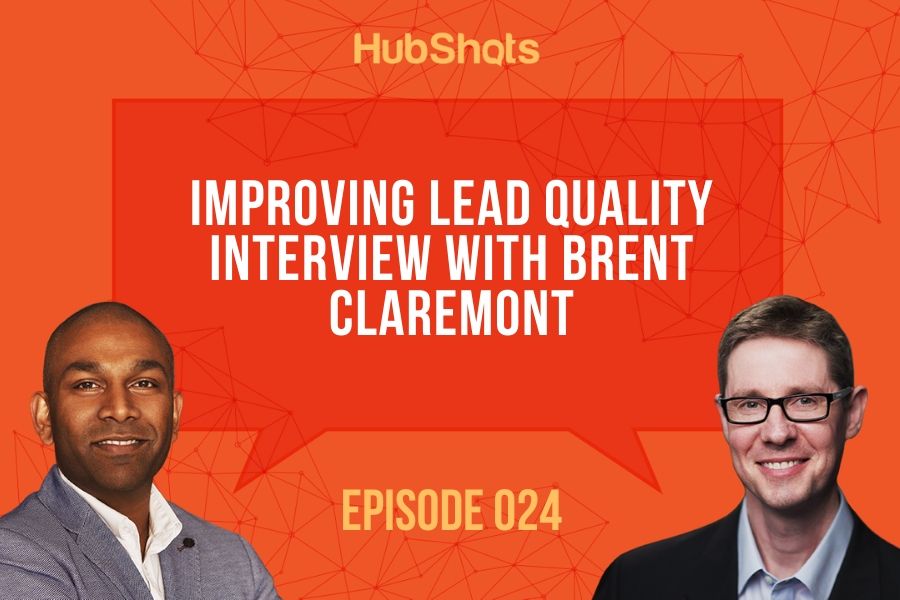Episode 40: HubSpot's CMO Kipp Bodnar on Work/Life Balance, Marketing Strategy and Tactical Involvement
Welcome to Episode 40 of HubShots! Interview with Kipp Bodnar (@kippbodnar), CMO of HubSpot Recorded: Friday 26 June 2016 Kipp Bodnar, the CMO of...
 HubShots
HubShots


